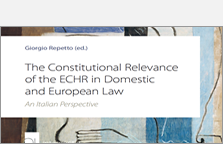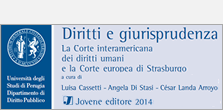VANNUCCINI S. – L’Autorità garante per l’infanzia e l’adolescenza: bilanci e sfide a 10 anni dall’istituzione
Autore dell’articolo/Author
Sabrina Vannuccini
Abstract
The Authority for Children and Adolescents was established by Law no. 112/2011, in order to ensure the full implementation and protection of the rights and interests of minors, in compliance with the provisions of the Convention on the Rights of the Child and other international instruments on the promotion and protection of the rights of children and adolescents.
This paper takes stock of the activities carried out and the results achieved ten years after its establishment, as well as the future challenges













